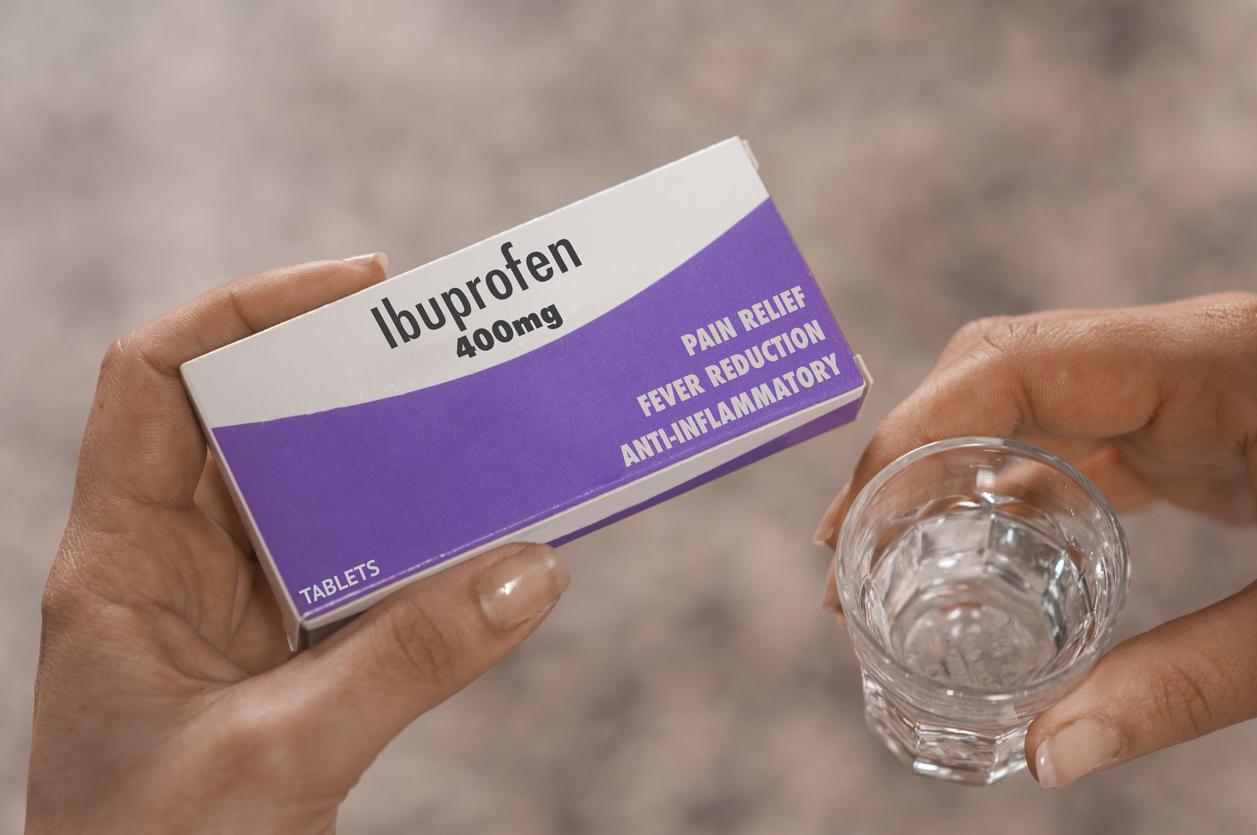To treat high blood pressure, two different classes of drugs can be offered to patients. But, according to a study by the American Heart Association, some treatments are more likely to cause constricting side effects, such as pancreatitis or fluid retention.

- To treat arterial hypertension, angiotensin receptor antagonists (ARBs) are currently less prescribed as first-line therapy than angiotensin-converting enzyme (ACE) inhibitors.
- However, they are equally effective in controlling blood pressure and are less likely to cause unwanted side effects.
A silent disease, arterial hypertension (HTA) would affect, according to a study by Public Health France, more than one in three French people, half of whom would be unaware of their condition and therefore would not take any treatment.
However, this disease can have serious consequences: by stiffening the walls of the arteries, the hyperpressure of the blood causes them to age prematurely, which exposes them to a major risk of cardiovascular accidents, in particular myocardial infarction, but also to strokes. brain and kidney failure.
To reduce blood pressure, there are many treatments, which all act differently on hypertension. Two treatments are prescribed as first-line: angiotensin-converting enzyme (ACE) inhibitors and angiotensin receptor antagonists (ARB). Currently, angiotensin converting enzyme inhibitors are more often prescribed than ARBs as the first medication to control blood pressure. But, according to an analysis of real data published in Hypertensionthe journal of the American Heart Association, ARBs are less likely to cause side effects such as swelling, coughing, inflammation of the pancreas, or bleeding in the digestive tract.
A significantly higher risk of side effects with ACEs
Study results are based on medical follow-up of 3 million patients taking blood pressure medication for the first time, with no history of heart disease or stroke, in the United States, Germany and South Korea. history of heart disease or stroke.
Among these 3 million patients, the researchers selected the medical records of people who started a first hypotensive treatment with a single drug between 1996 and 2018. In total, heart-related events and strokes were recorded in 2,297,881 patients treated with ACE inhibitors in 673,938 patients treated with ARBs.
While the study authors found no significant difference in the frequency of heart attacks, strokes or other cardiac events, they did note differences in the occurrence of side effects. In all, 51 different side effects were identified. Compared to people taking ARBs, people taking ACE inhibitors were 3.3 times more likely to develop fluid buildup and swelling of deeper layers of skin and mucous membranes (angioedema). They were also 32% more likely to develop a cough (which can be dry, persistent and bothersome) and were 32% more likely to develop sudden inflammation of the pancreas (pancreatitis). Finally, taking ACE inhibitors increased the risk of developing bleeding in the gastrointestinal tract by 18%.
“We did not detect a difference in how well the two types of drugs reduced complications of hypertension, but we did find a difference in side effects, explains George Hripcsak, co-lead author of the study. If a patient is starting treatment for hypertension for the first time, our results suggest starting with the ARB rather than the ACE inhibitor.”
According to fellow co-author RuiJun Chen, “ARBs do not differ in effectiveness and may have fewer side effects than ACE inhibitors in people just starting treatment”. “Unfortunately, we cannot extend these findings to people who are already taking ACE inhibitors or those taking multiple medications. your antihypertensive regimen must be adapted“, he concludes.

.

















